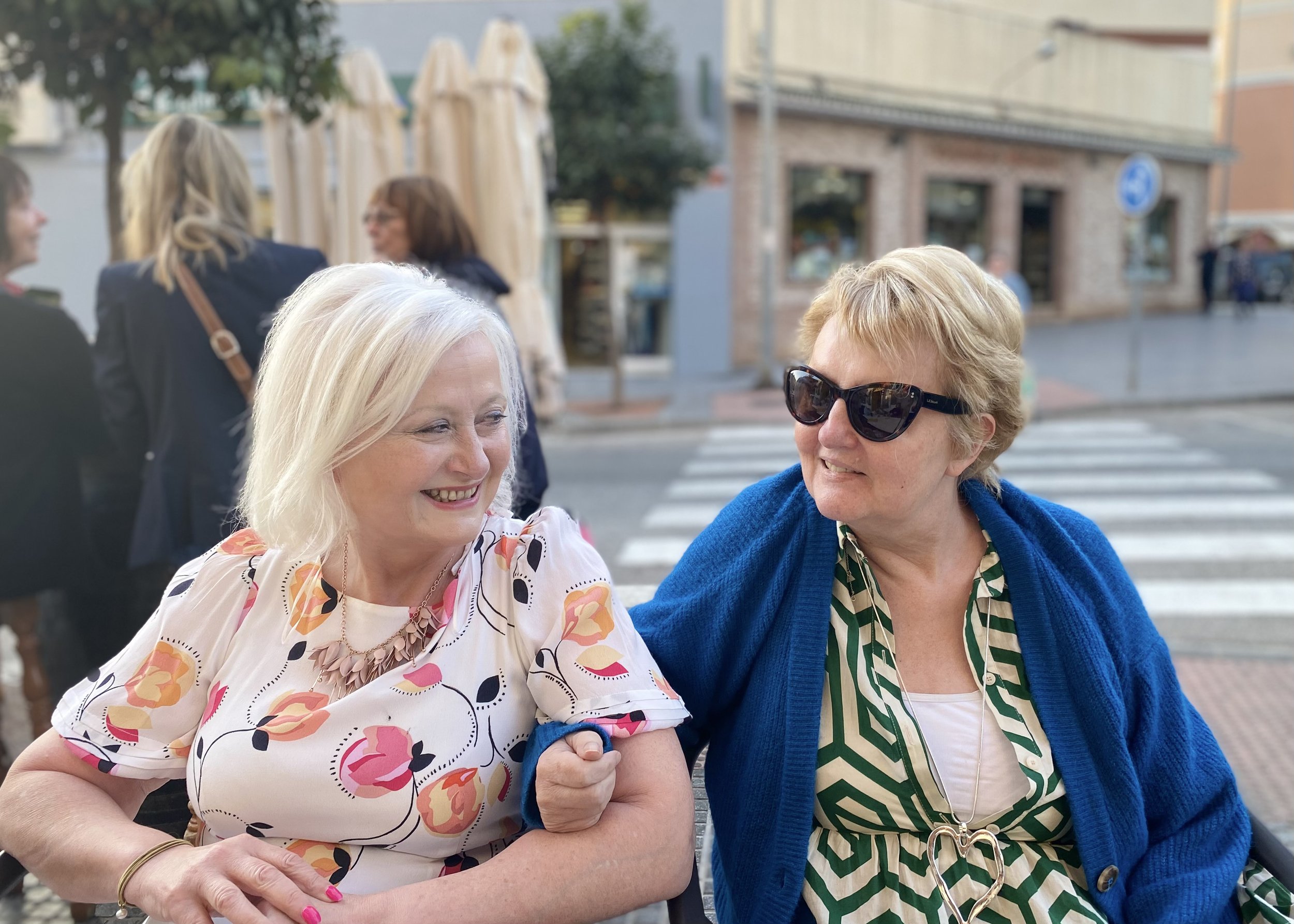
Margaret McDonagh
About Margaret
Baroness Margaret McDonagh was Labour’s first-ever female General Secretary and an essential part of the team that secured the 1997 landslide election victory for the party.
She then went on to lead the election campaign that secured an historic second full term in Government for Labour. She was made a Life Peer in 2004.
Margaret was a non-executive director for Standard Life and the founding Chair of Smart Energy GB. She was also a trustee of AFC Wimbledon Foundation. In 2012, Margaret co-founded The Pipeline, whose purpose is to increase the number of women at the most senior levels of large organisations.
Margaret was diagnosed with glioblastoma in November 2021. Thanks to her treatment by Dr Mulholland, comprising immunotherapy and hyperthermic treatment, Margaret lived until June 2023.
Why I’m leading the Glioblastoma Campaign by Siobhain McDonagh
“Having cared for my sister, Margaret, for 18 months whilst she suffered from a Glioblastoma, I know just how poor the treatment options are. There are almost no drug trials, and the life expectancy has not changed for 30 years. The disease has been left at the bottom of the “too difficult” pile for too long.
“I’m here to change things. Now that Margaret is gone, I am using all my force as a Member of Parliament to make sure that we try something different for the 3,200 people who are diagnosed every year. Whether it is speeches in the House of Commons, securing donations from the pharmaceutical industry, or meeting with Government Ministers, it is my mission to make sure that this terrible cancer has a cure. And I won’t stop until we achieve that goal.”
Margaret’s life as a campaigner
Margaret lived by the mantra that ‘where there is a will, there is a way’. But she didn’t just will something to happen, she put every ounce of her energy into ensuring it happened.
She raised funds, enlisted support, enthused others and built teams so that her determination became everyone’s determination.
She played a huge part in securing the Labour landslide victories of 1997 and 2001, having helped develop a rebuttal unit, pledge cards and a key seat strategy. The techniques she developed are still deployed today.
Margaret believed that it was the job of a progressive party to shape an agenda that spoke to the reality of voters’ lives rather than the convoluted aspirations of policy makers. She was ruthless about delivering this. And she was adamant that the party should be open to all. She both encouraged those from diverse backgrounds and helped to mentor them.
Nobody was to be left behind. When Margaret led teams to the United States for the Obama and Clinton Presidential campaigns, she set up a savings scheme so that younger and less well-off activists wouldn’t miss out. She made them work hard but ensured that they had a tremendous adventure too.
Among Margaret’s achievements was The Pipeline, a leadership development programme that has helped thousands of women into senior leadership positions in 100’s of companies. She was there to provide practical support and advice, tackling what holds people back. As ever, she was using her formidable skills in support of others.
Margaret’s final campaign was one she personally was destined to lose, but it didn’t temper her fighting spirit. She saw how woeful treatment for brain cancer in this country is but if she couldn’t save herself, she was determined to set in train new treatments for others. She started to raise the funds for the trials that would prove the cure for glioblastoma.
Even as she battled through her treatment, she knew that where there is a will, there is a way but, on this occasion, has left it to us to finish the job.
So now it is down to all of us to win Margaret’s final campaign for her.
Awesome… not perfect
Margaret was a campaigner par excellence.
If you want to know about the brilliance of Margaret McDonagh, you won’t go looking for it in how she described herself. She never indulged in self-promotion; she was too busy helping others succeed.
Margaret was there at the side of politicians, businesspeople, charity campaigners and community leaders always letting them know they were “awesome, not perfect.” She encouraged everyone to believe in themselves and set out paths to achieve goals and worry less about their flaws.
Nothing was impossible. All you needed was a strategy, good organisation and guts. She helped political colleagues build support and secure victory. She pioneered training programmes for women to get them to the top in industry. And when a friend was down, she didn’t just express sympathy, she showed them the road back up.
For Margaret, the achievement of others was enough to keep her satisfied. There are Members of Parliament, senior business executives and community leaders thriving today thanks to the part Margaret played in their lives.
But there remains a mystique about the essence of Margaret. How is it that somebody who walked into her office to make a complaint about one matter came out agreeing to be a fundraiser for another? Why is it that unpaid volunteers jumped to it and carried out her instructions? What was it that caused cabinet ministers and chief executives to say, “if that’s what Margaret wants, that’s how we had better do it?”

